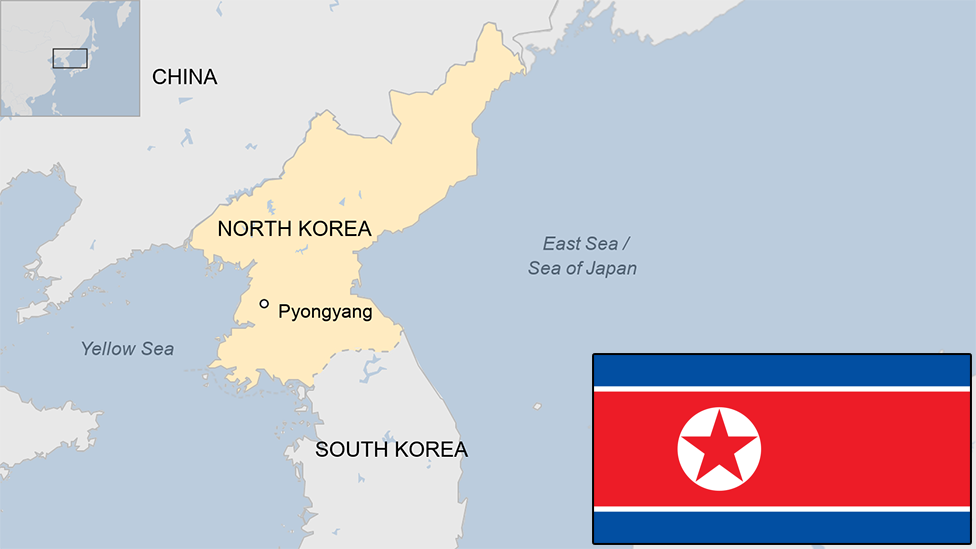North Korea rocket plan condemned as 'provocation'
- Published
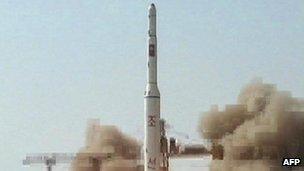
The last time North Korea launched a rocket-mounted satellite, the UN imposed sanctions
The US and regional neighbours of North Korea have condemned Pyongyang's plans to launch a rocket-mounted satellite as an act of provocation.
North Korea will launch the rocket to mark the 100th birthday of its late Great Leader Kim Il-sung in April, state media reported.
The US said the launch would threaten regional security and Russia described the plan as a "serious concern".
The move is seen as violating UN Security Council resolutions.
A spokesman for the Korean Committee for Space Technology said that the launch would take place between 12 and 16 April.
Call for restraint
US Secretary of State Hillary Clinton called North Korea's announcement "highly provocative" and urged the country to abide by its international obligations.
"Such a missile launch would pose a threat to regional security and would also be inconsistent with North Korea's recent undertaking to refrain from long-range missile launches," she said in a statement.
A US state department spokesperson said it would be "hard to imagine" giving food aid to North Korea, as previously agreed, if Pyongyang went ahead with the rocket launch.
Neighbour South Korea said such a move would be a "clear violation" of UN Security Council Resolutions passed after a similar launch in 2009.
"It would be a grave provocation threatening the peace and security of the Korean peninsula and north-east Asia," the foreign ministry said in a statement.
Japan is particularly concerned as North Korea's April 2009 rocket was launched over the country.
The country's chief cabinet secretary, Osamu Fujimura, told a news conference on Friday that Japan had set up a crisis management taskforce to monitor the situation and was co-operating with the US and South Korea.
"We believe a launch would be a move to interfere with our effort toward a dialogue, and we strongly urge North Korea not to carry out a satellite launch," he said.
'Peaceful purposes'
Last month, Pyongyang agreed to suspend long-range missile tests.
The agreement was part of a deal for the United States to supply 240,000 tonnes of food aid to North Korea.
It also agreed to suspend uranium enrichment and to allow back UN weapons inspectors as part of the deal.
In the launch three years ago, Pyongyang said the satellite made it into orbit and characterised it as a test of its satellite technology.
The move drew condemnation from the US and South Korea and led to the UN resolutions prohibiting the North from nuclear and ballistic missile activity.
Foreign officials said there were no indications that a satellite had reached space and that the launch was a cover for Pyongyang to test long-range missile technology.
The launch next month of a ''working satellite'', the Kwangmyongsong-3, is an opportunity for ''putting the country's technology of space use for peaceful purposes on a higher stage'', said a North Korean spokesman.
The rocket would be launched from the Solace Satellite Launching Station in Cholsan county, North Pyongan province on the country's west coast.
State media also reported that the North has already launched two experimental satellites.
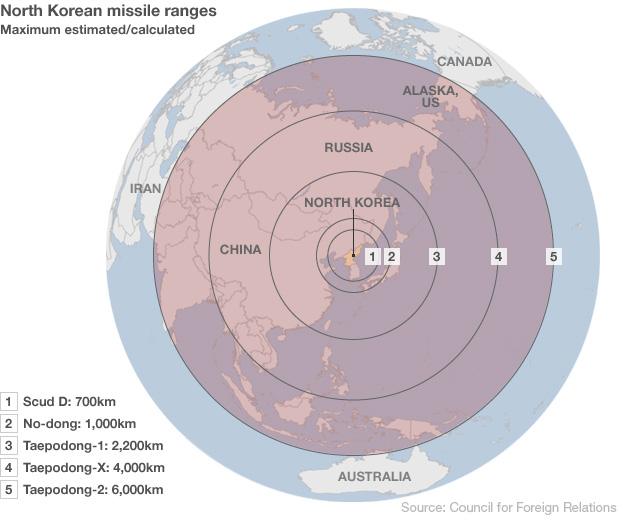
- Published10 August 2017
- Published20 December 2011
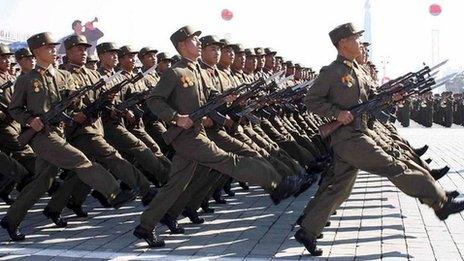
- Published1 March 2012
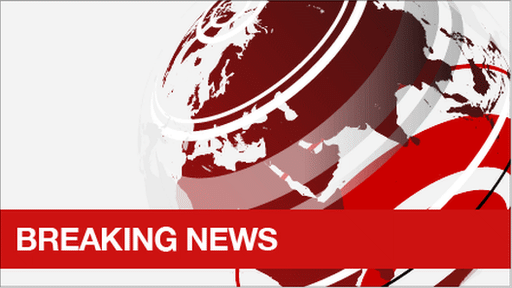
- Published19 December 2011
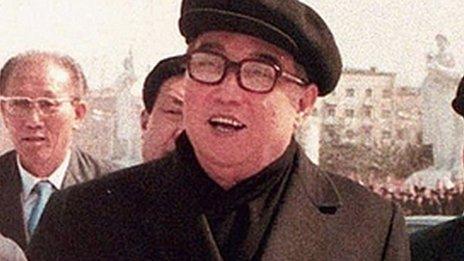
- Published27 February 2012
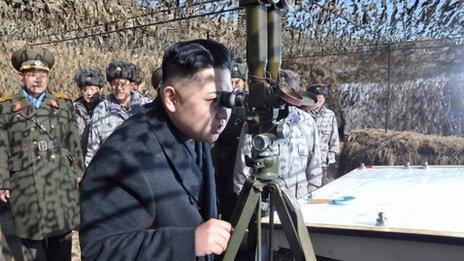
- Published19 July 2023
